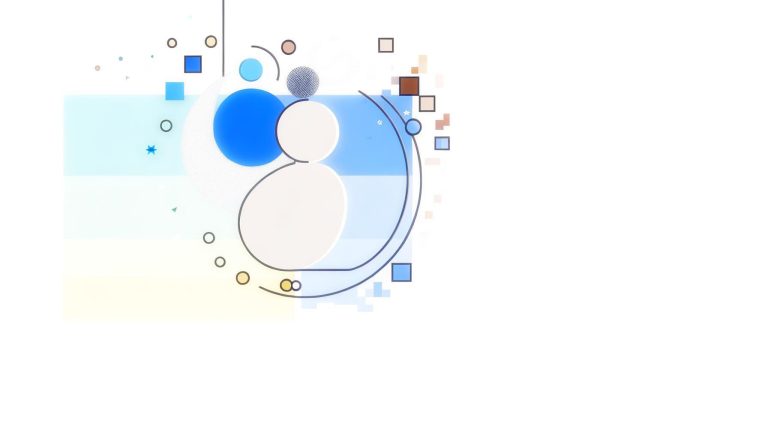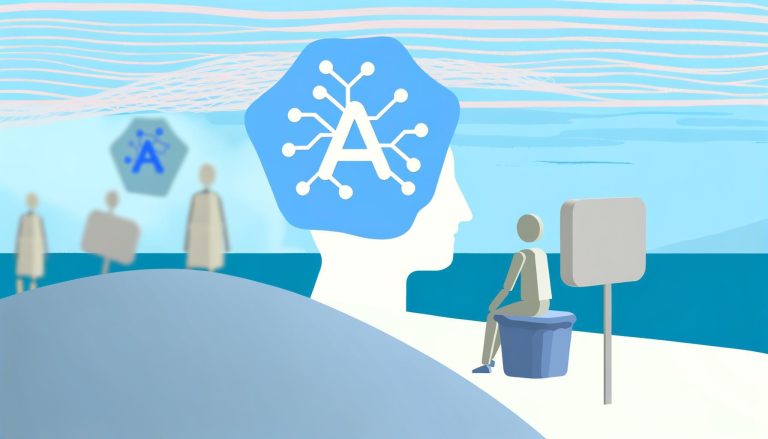As technology continues to evolve and integrate with various aspects of our lives, the potential for AI in mental health care has garnered significant attention. One promising area where AI shows immense potential is neurofeedback, a method designed to optimize brain function for better mental health outcomes. This article explores how AI and neurofeedback converge to enhance brain function, the benefits they offer, and practical tips for incorporating these technologies into daily life.
Understanding Neurofeedback and Its Connection to Mental Health
What is Neurofeedback?
Neurofeedback is a type of biofeedback that uses real-time monitoring of brain activity to help individuals gain control over their brain function. This non-invasive technique involves placing sensors on the scalp to measure and feedback electrical activity, typically through EEG (electroencephalogram) signals. The feedback allows individuals to recognize and alter their brain wave patterns to improve mental health and cognitive performance.
The Science Behind Neurofeedback
Neurofeedback works on the principle that the brain can self-regulate its activity when given appropriate feedback. Here’s a simplified rundown of the process:
- Sensors detect brain wave activity.
- Real-time data is processed and visualized on a screen.
- Individuals receive immediate feedback, often through visual or auditory cues.
- With practice, individuals learn to modify their brain wave patterns to achieve desired states, such as relaxation or focus.
Benefits of Neurofeedback
Neurofeedback has been shown to be beneficial for a variety of mental health issues, including:
- Reducing symptoms of anxiety and depression
- Improving attention and focus for individuals with ADHD
- Enhancing cognitive function and memory
- Promoting relaxation and reducing stress
- Supporting recovery from brain injuries
The Role of AI in Neurofeedback
Artificial Intelligence (AI) has the potential to revolutionize neurofeedback by making it more accessible, accurate, and effective. Let’s explore how AI enhances neurofeedback methods.
AI-Driven Data Analysis
AI algorithms excel at processing and analyzing large datasets quickly and accurately. In neurofeedback, AI can analyze EEG data in real-time to provide more precise feedback and personalized training protocols, ensuring that individuals receive the most effective treatment for their unique brain activity patterns.
Personalization and Adaptability
AI enables personalized neurofeedback training by adapting to an individual’s progress. By continuously learning from each session, AI can adjust feedback and training protocols to match the user’s needs, making the process more dynamic and effective.
Enhanced User Experience
AI can improve the user experience in neurofeedback through intuitive interfaces and user-friendly applications. By incorporating AI into mobile apps and home-based neurofeedback systems, users can easily track their progress, receive feedback, and adjust their training routines with minimal hassle.
Accessibility and Affordability
AI-driven neurofeedback systems can democratize access to mental health care by reducing costs associated with traditional neurofeedback sessions conducted by specialists. This affordability makes neurofeedback more accessible to a broader population, allowing more individuals to benefit from this innovative approach.
Examples of AI-Powered Neurofeedback Tools
Several AI-powered neurofeedback tools are already making waves in the market:
- Mindgear: Uses AI to analyze EEG data and provide personalized neurofeedback sessions.
- Myndlift: Offers a home-based neurofeedback solution with AI-driven insights and progress tracking.
- Neurable: Integrates neurofeedback with VR (Virtual Reality) to enhance cognitive training through immersive experiences.
Practical Tips for Incorporating Neurofeedback and AI into Daily Life
Integrating neurofeedback and AI into your daily routine can be straightforward with the right approach. Here are some practical tips to help you get started:
Start with Professional Guidance
Before exploring neurofeedback and AI tools on your own, consider consulting with a mental health professional or a neurofeedback specialist. They can provide valuable insights into whether neurofeedback is right for you and recommend suitable tools.
Choose the Right Tool
Select a neurofeedback tool that matches your needs and lifestyle. Look for user-friendly applications that offer comprehensive support, effective feedback, and progress tracking.
Consistency is Key
Like any skill, mastering neurofeedback requires consistent practice. Dedicate regular time to your neurofeedback sessions to experience maximum benefits.
Track Your Progress
Use the built-in tracking features in AI-powered neurofeedback tools to monitor your progress over time. Regularly reviewing your progress can help you identify areas of improvement and stay motivated.
Combine with Other Mental Health Practices
Neurofeedback can be even more effective when combined with other mental health practices, such as mindfulness meditation, physical exercise, and a healthy diet. An integrated approach can lead to holistic mental well-being.
Conclusion
AI and neurofeedback are ushering in a new era of mental health care, offering innovative ways to optimize brain function. By harnessing the power of real-time data analysis and personalized training protocols, AI-driven neurofeedback provides a promising approach to addressing a wide range of mental health issues. With the right tools and consistent practice, individuals can leverage this powerful combination to enhance their mental well-being and lead healthier, more fulfilling lives.
To further explore and track your mental health progress, consider using the Zenora app. With features like moods and habits tracking, goal setting, and personalized insights, Zenora provides comprehensive support for your mental health journey.





